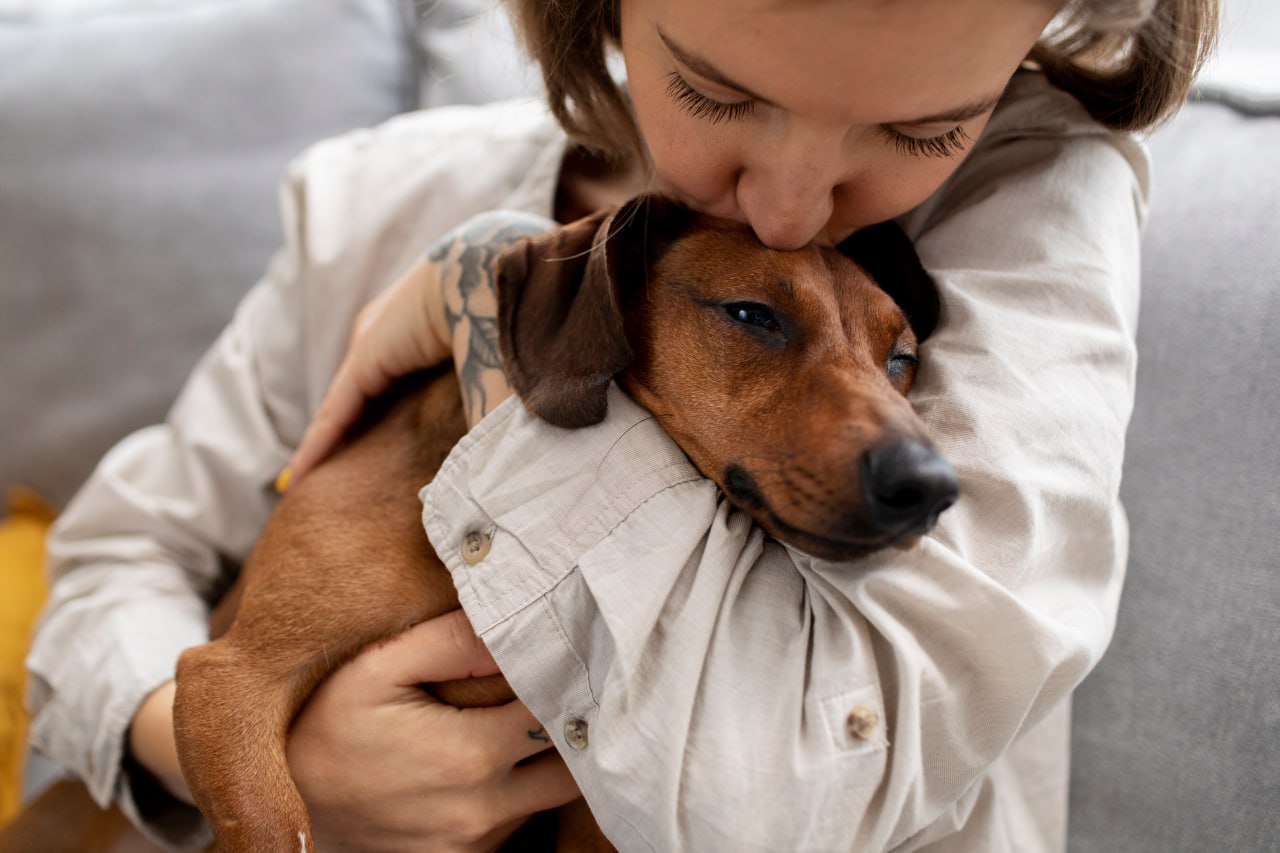The Silent Victims: Challenges Faced by Domestic Abuse Survivors Escaping with Pets
Jan 25, 2024
Image by Freepick
Deciding to leave an abusive relationship is a difficult journey, filled with challenges, physical, psychological, and emotional. Now, picture yourself in a foreign land, like the many expatriates residing in Cyprus for work— a staggering 28.8% of the total labour force in 2021 were immigrants, according to the Statistical Service of Cyprus. Your sanctuary, your family and friends, are miles away, making their support inaccessible. To add another layer of complexity, you share your life with a cherished pet, a loyal companion whose presence brings happiness and joy.
Even with financial stability, the quest for pet-friendly housing becomes an uphill battle, especially if your furry friend is not pint-sized or if there is more than one. The process becomes a race against time, and the limited options available are far from ideal for someone who deeply cares for their pet. The heart-wrenching choices may include surrendering your beloved animal to an already overwhelmed local shelter, teetering on the brink of survival, or attempting to find a new home through the labyrinth of Facebook.
Critics may question why anyone would adopt a pet as a temporary worker or visitor in a foreign country, suggesting that unforeseen twists of fate should have been anticipated. While this perspective holds some truth, life doesn't always go to plan. Stray animals roam the streets, a common sight on an island with approximately 250,000 stray dogs and countless cats. For those trapped in abusive relationships, a pet may enter their lives as a source of much-needed emotional support.
Tragically, abusers often manipulate the emotional ties formed with these animals. In some cases, the abuser may suggest getting a pet or present one as a gift to the victim, blurring the lines between companionship and control. The pet becomes both a lifeline for emotional support and a shackle preventing escape. Survivors of domestic abuse recount feeling torn between personal safety and the well-being of their beloved animals.
Disturbingly, a pet can transform into a tool of emotional manipulation and control in the hands of an abuser. Threats to withhold the pet from leaving or, in the worst cases, harm the animal become weapons aimed to maintain dominance. In the US, a survey of domestic violence shelters revealed that a staggering 70% percent of women reported their abuser had threatened, injured, or killed a pet to assert control.
It's crucial to dispel the misconception that abuse is confined to specific demographics. Abuse does not discriminate—it can manifest physically or emotionally, wreaking havoc on a victim's well-being. Domestic violence is rooted in a desire for control and power, aiming to erode the victim's confidence, self-esteem, and sense of self-worth.
Recognized by conventional psychology, domestic violence often follows a cyclical pattern, starting with tension building, escalating to an incident, a fleeting reconciliation, and a period initially dubbed "calm" by Lenore Walker, the theorist behind the cycle. Subsequent terms like "honeymoon" or "love bombing" paint a clearer picture of this phase—where the abuser apologizes, displays affection, generosity, and even helpfulness, promising change to keep the victim ensnared. Unfortunately, this cycle repeats itself, perpetuating the toxic dynamic.
Extending a helping hand to domestic violence victims is not just a moral obligation; it is a societal imperative. The repercussions of domestic violence ripple through society, impacting not only the immediate victims but also the well-being of children and leaving lasting scars on their lives.
Empowering survivors requires a multifaceted approach. Awareness becomes the initial beacon of hope for those ensnared in abusive relationships, leading them toward a path of healing and renewal. Breaking free demands not only knowledge and awareness but also self-confidence and resources. This journey is often a solitary one, but it becomes even more daunting when there are beloved pets involved.
Community efforts must be channeled towards aiding both survivors and their animal companions. Raising awareness about the unique challenges faced by domestic abuse survivors with pets is paramount. Empowering survivors with the knowledge and support necessary to protect themselves and their pets is a pivotal step toward cultivating a community that staunchly opposes domestic violence.
HELPLINE IN CYPRUS
Association for the Prevention and Handling of Violence in the Family – call 1440
